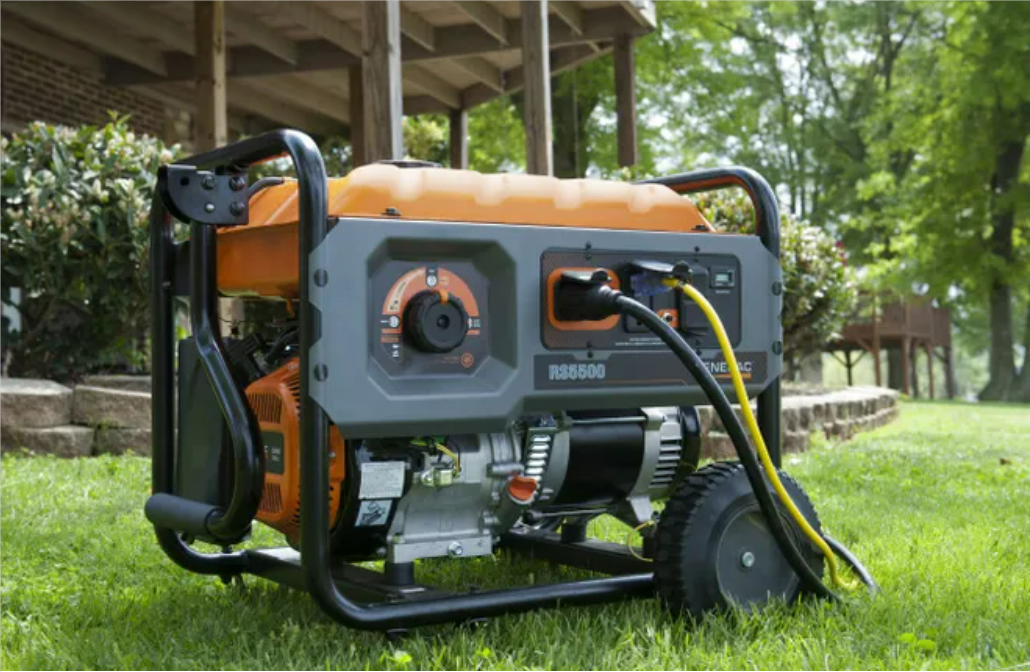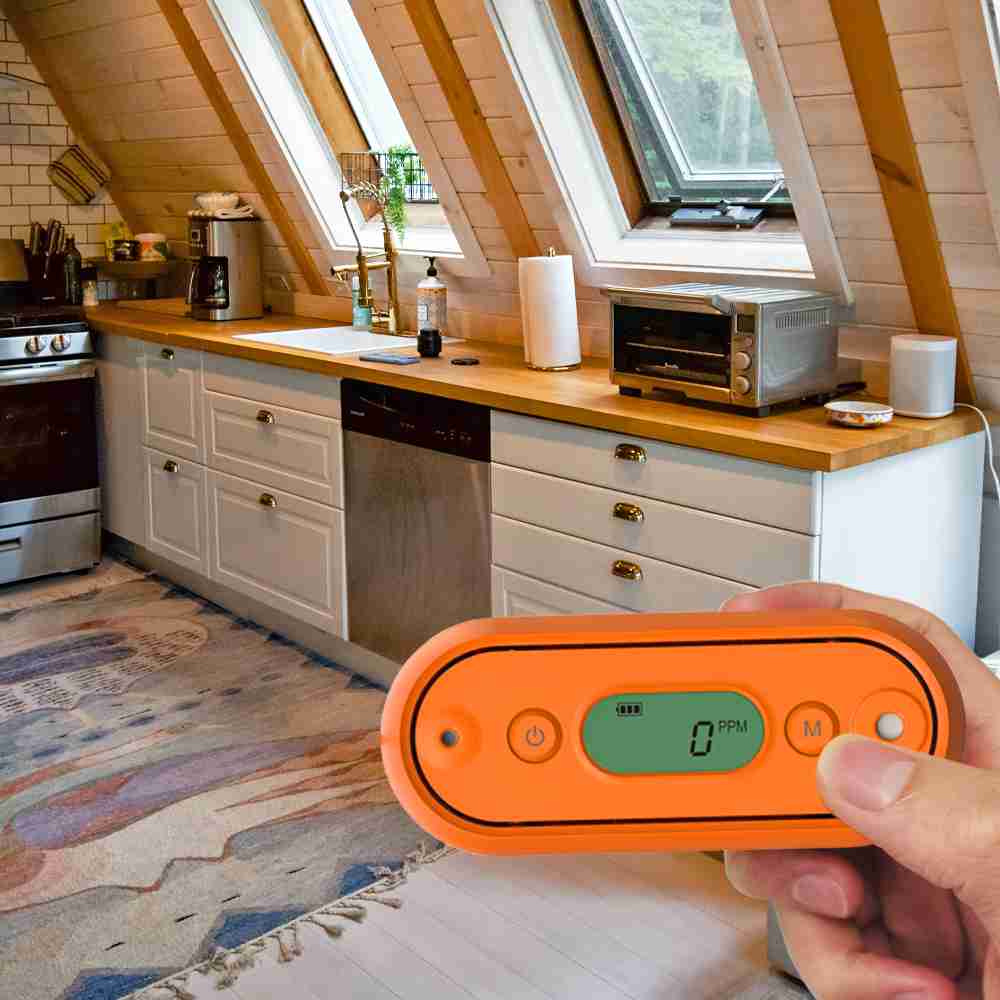Portable generators are popular with homeowners, campers and hunters in USA. Generators are very convenient, but they can also be very dangerous. All fuel-burning appliances and equipment release a poisonous gas called carbon monoxide.

Carbon monoxide (also known as CO) can be dangerous for humans and pets, even in small amounts, because it blocks oxygen from getting into your body. Carbon monoxide poisoning can lead to death in a very short time. It is odorless, tasteless and invisible, so you may be exposed without knowing it. That is why carbon monoxide is sometimes called “the silent killer.”
Fortunately, there are a few simple steps that you can take to ensure that you and your family will remain safe during your next vacation up north or during the next power outage by following these tips for safe generator usage:
- DO read and follow all of the instructions that come with ALL of your fuel-powered appliances, including generators.
- DO NOT use your generator indoors, like basement, garage, or other enclosed structure.
- DO use an extra long extension cord with your generator. Be sure that your generator is
secured several feet from your home and is away from all open windows, doors and air intakes. No Yes!
- DO pay attention to flu-like symptoms, especially if more than one person has them. Headache, dizziness, confusion, fatigue and nausea are all common symptoms of carbon monoxide exposure.
- DO move outside to fresh air immediately if a carbon monoxide leak is suspected.
- DO go to the emergency room or call 911 if you feel sick. Tell them that you suspect carbon monoxide poisoning. Carbon monoxide poisoning can be determined by a quick blood test done soon after exposure. The faster you are treated, the better your chances for a quick recovery.
DO NOT ignore symptoms. You could DIE within minutes if you do nothing.
Call 911 or go to the nearest emergency room as quickly as possible if you suspect carbon monoxide poisoning.
CO DETECTORS
Install battery-operated or battery back-up CO detectors near every sleeping area in your home.
Check CO detectors regularly to be sure they are functioning properly.


Leave A Comment